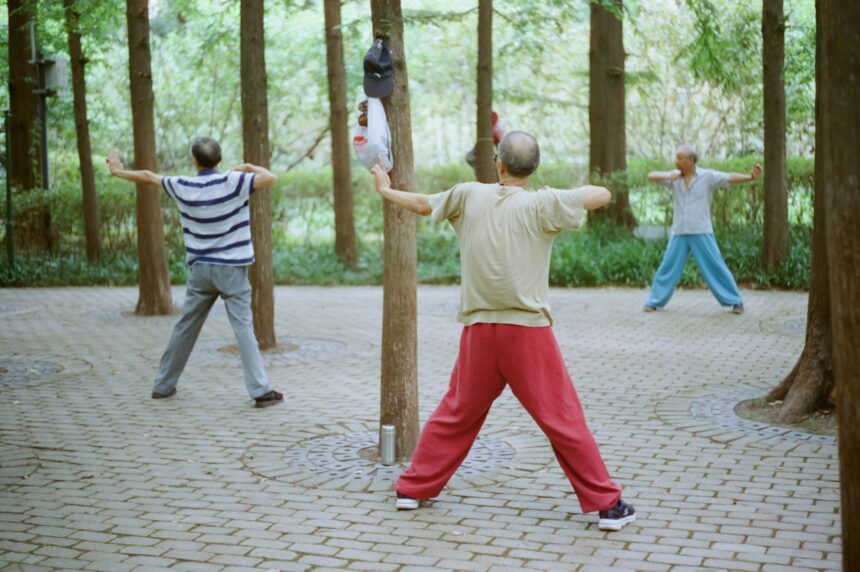Relaxation techniques have long been touted as a potential way to lower high blood pressure, even if only in the short term. A recent pooled data analysis published in the open-access journal BMJ Medicine examined existing research on the subject to determine the effectiveness of these techniques.
High blood pressure, affecting around a third of 30–79 year-olds, is a significant risk factor for cardiovascular disease and mortality. While medications are available to manage the condition, adherence can be challenging, leading researchers to explore alternative approaches like relaxation techniques to reduce stress levels and lower blood pressure.
The analysis included 182 studies, with the majority focusing on high blood pressure. Various relaxation techniques were examined, including breath control, mindfulness, yoga, Tai Chi, and biofeedback, among others. The results showed that most techniques led to a decrease in both systolic and diastolic blood pressure in individuals with high blood pressure within three months of practice.
Specific techniques like meditation, meditative movement (such as Tai Chi and yoga), and mindfulness showed promising reductions in blood pressure compared to no intervention. However, the long-term effects beyond three months were less clear, with limited data available for analysis.
The researchers emphasized the need for more rigorous and longer studies to confirm the role of relaxation techniques in managing high blood pressure effectively. They highlighted the importance of adherence to these practices over an extended period to assess their impact on cardiovascular outcomes.
While the results of the analysis suggest that relaxation techniques may offer meaningful reductions in blood pressure in the short term, further research is needed to evaluate their long-term efficacy. The study also pointed out the limitations in existing research, such as incomplete descriptions of interventions and a lack of data on cost-effectiveness and cardiovascular outcomes.
In conclusion, while relaxation techniques show promise in managing high blood pressure, more comprehensive studies are required to establish their effectiveness as a long-term treatment strategy. The findings underscore the importance of continued research in this area to provide evidence-based recommendations for individuals with high blood pressure.
For more information, you can refer to the study published in BMJ Medicine titled “Effectiveness of stress management and relaxation interventions for management of hypertension and prehypertension: systematic review and network meta-analysis” (DOI: 10.1136/bmjmed-2024-001098). This research was provided by the British Medical Journal, offering valuable insights into the potential benefits of relaxation techniques in managing high blood pressure.








